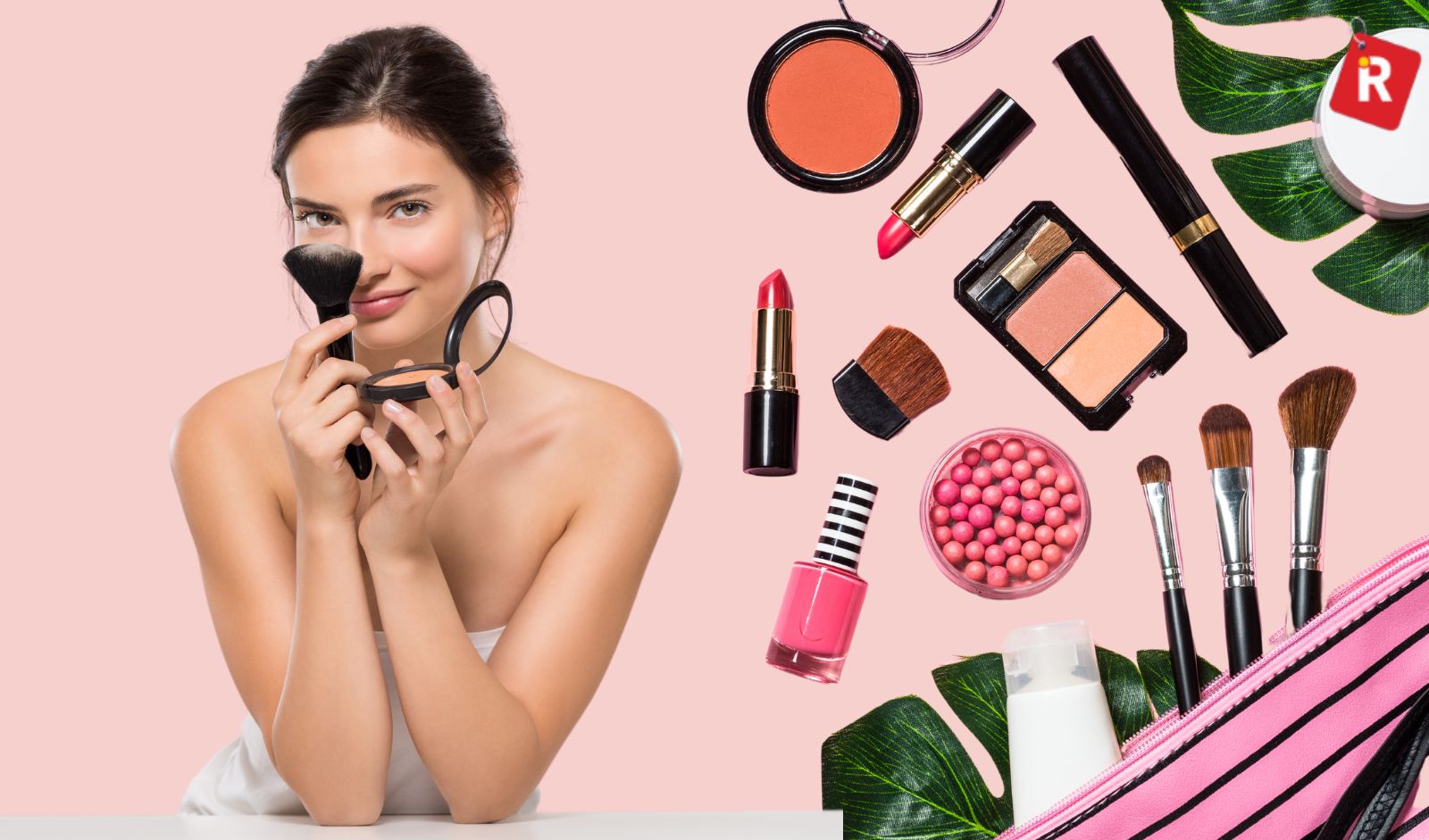
Exploring the Booming Cosmetic Manufacturing Industry in Malaysia
Malaysia’s cosmetic industry has seen substantial growth in recent years, positioning itself as a significant player in the global beauty market. Home to a diverse and innovative manufacturing sector, Malaysia has been successful in producing a wide range of cosmetic products that cater to varying consumer needs and preferences, both locally and internationally. This article delves into the dynamics of the cosmetic manufacturing industry in Malaysia, highlighting its advancements, challenges, and the opportunities it presents.
Growth and Development of the Cosmetic Industry in Malaysia
The Malaysian cosmetic industry has grown exponentially, driven by increasing consumer interest in beauty and personal care. Malaysia’s strategic location in Southeast Asia provides a logistical advantage, facilitating easy access to raw materials and export markets in neighboring countries and beyond. Additionally, the Malaysian government has played a pivotal role in this growth through supportive policies, including incentives for research and development, and stringent regulations that ensure product safety and quality.
Key Players in the Malaysian Cosmetic Manufacturing Sector
Malaysia hosts a mix of both local and international cosmetic manufacturers. These companies range from large-scale operations capable of extensive production to boutique firms focused on niche markets such as halal cosmetics, organic products, or ethnically inspired beauty solutions. Brands like SimplySiti, founded by Malaysian pop star Siti Nurhaliza, have gained international recognition, showcasing the potential of Malaysian-made cosmetics. Other notable manufacturers include IVY Beauty, which specializes in a full range of cosmetic products, and Wipro Unza, known for its personal care products across Southeast Asia.
Innovations and Trends
Innovation is a driving force behind the success of the cosmetic manufacturer malaysia. Local manufacturers are continually adopting new technologies and formulas to create products that meet the evolving demands of consumers. One of the notable trends is the rise of halal cosmetics, catering not only to Muslim consumers in Malaysia but also to global markets. These products, which are made in compliance with Islamic law, are free from alcohol and certain animal-derived ingredients, ensuring purity and ethical sourcing.
Additionally, there is a growing trend towards natural and organic cosmetics. Malaysian manufacturers are leveraging the country’s rich biodiversity to use natural ingredients known for their beauty benefits. This not only appeals to health-conscious consumers but also aligns with global trends towards sustainability and environmentally friendly products.
Challenges Facing the Industry
Despite its growth, the Malaysian cosmetic manufacturing industry faces several challenges. One major challenge is stiff competition, both domestically and internationally. Local manufacturers have to compete with well-established international brands that have significant marketing budgets and widespread consumer recognition.
Moreover, navigating the regulatory landscapes can be complex, especially when exporting to countries with stringent cosmetic regulations. Ensuring compliance with international standards can be resource-intensive, particularly for smaller manufacturers.
Regulatory Environment
Malaysia’s cosmetic manufacturing sector is regulated by the National Pharmaceutical Regulatory Agency (NPRA), which ensures that all cosmetic products manufactured and sold in the country meet strict safety and quality standards. The NPRA’s guidelines align with the ASEAN Cosmetic Directive, which harmonizes cosmetic regulations across Southeast Asian nations, facilitating smoother regional trade.
Export Potential and Global Reach
The export potential of Malaysian cosmetics is significant, with local manufacturers increasingly looking towards international markets. ASEAN countries are primary targets due to geographic and regulatory alignment, but there is also growing interest from the Middle East, Africa, and Western markets, particularly for specialized products like halal cosmetics.
Future Outlook
The future looks promising for the cosmetic manufacturing industry in Malaysia. Continued investment in R&D, coupled with an emphasis on high-quality, innovative products, can help Malaysian brands carve out a more substantial niche in the global market. Additionally, as more consumers globally shift towards ethical and sustainable products, Malaysian manufacturers are well-positioned to capitalize on this trend due to their focus on natural and halal cosmetics.
Conclusion
Malaysia’s cosmetic manufacturing industry represents a vibrant and dynamic sector that contributes significantly to the country’s economy. With its innovative approach to product development, strategic geographic location, and supportive regulatory environment, Malaysia is poised to continue its growth trajectory in the beauty industry. For investors and companies looking to dive into a lucrative and ever-evolving market, the Malaysian cosmetic sector offers abundant opportunities.